These are plastic products that can be significantly reduced or eliminated in a short time, according to reports recently published by the Eunomia Institute commissioned by WWF.
Global agreement on rules for tackling plastic waste is needed
The reports classify plastic products into broad categories based on their pollution risk. Recognizing the complex, interconnected and pervasive nature of plastics in society, the reports also consider any unintended environmental, health and social consequences of eliminating or replacing certain types of plastic.
In November 2022, a WWF survey of 20,000 people found that seven in 10 supported global rules to end plastic pollution. This shows strong support for a plastics treaty that would create global rules that are binding on all countries, rather than a voluntary agreement where governments can choose whether to act.
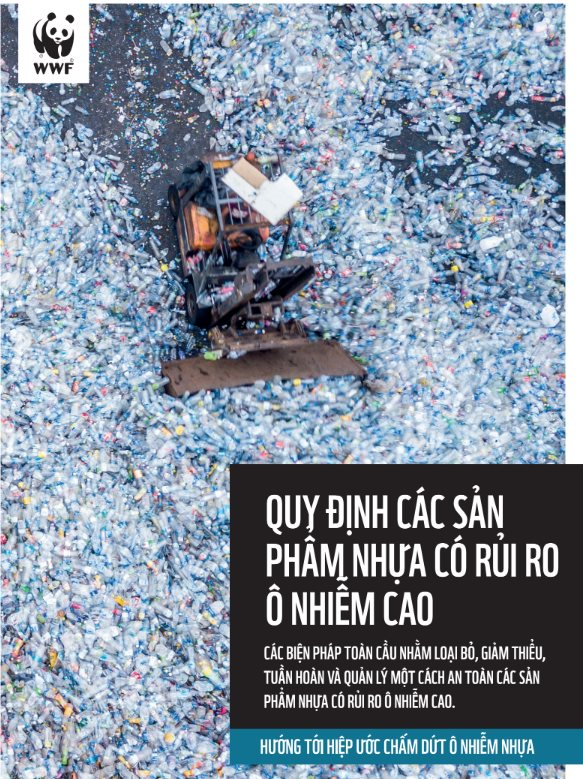
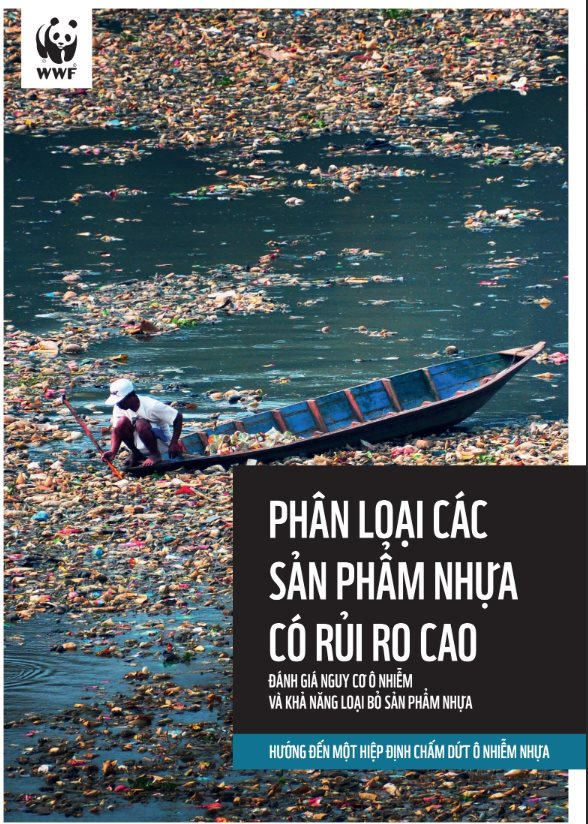
Once the Agreement is adopted, WWF calls for an immediate ban on unnecessary plastic items found in wet wipes, cigarette butts, tea bags; single-use items such as plastic cutlery, plates, cups, cotton buds and disposable e-cigarettes; microplastics in toothpaste and cosmetics, among others.
Where immediate bans are not feasible, for example on some single-use food and beverage packaging, plastic PPE or tyres… The treaty should provide for phased phase-outs, by 2035 at the latest, with taxes and other financial instruments to reduce demand for production and use, and standards to reduce or eliminate the use of plastics.
For plastics that cannot be easily eliminated, safe management and circulation should be prioritized according to targets, standards and minimum requirements for collection, reuse, recycling, disposal and treatment, as well as extended producer responsibility mechanisms – with end-of-life costs included in the price of the product, and deposit-refund schemes. WWF believes that effective regulation needs to be supported at a global level, rather than creating legislation for individual plastic items, which is both complex and can create potential loopholes in management.
“We are trapped in a system that currently produces more plastic than any single country can handle, leading to a plastic pollution crisis that is having environmental and social impacts,” said Marco Lambertini, WWF representative. “If countries do not act now, the situation will get worse. At current rates, by 2040, the amount of plastic produced will double, the amount of plastic leaking into the ocean will triple, and the total amount of plastic pollution in the ocean will quadruple.
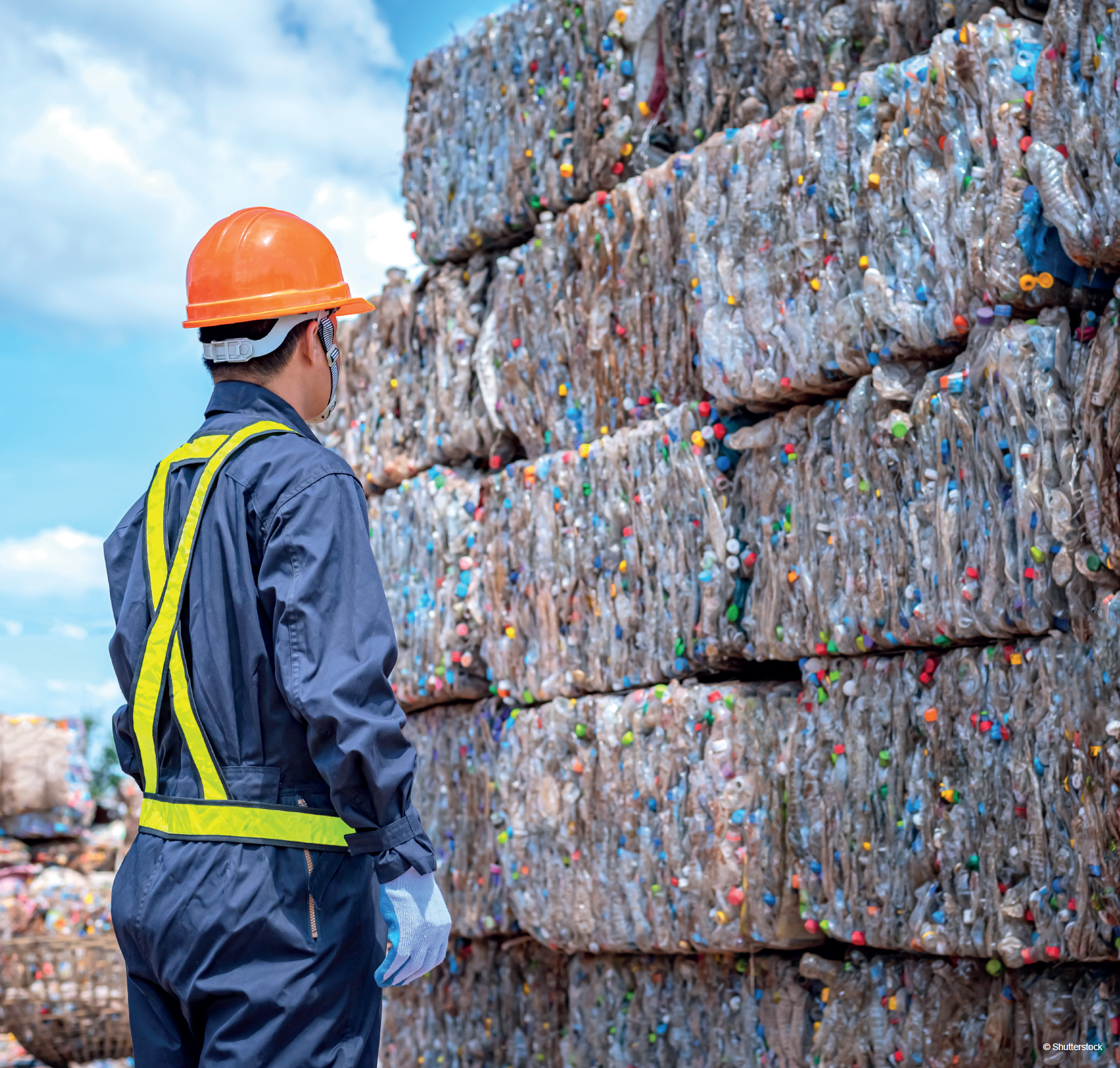
“We cannot allow this to happen. Plastic pollution is a global problem, requiring a global solution. Negotiators need to heed the guidance in this report and work together to create a treaty with comprehensive and concrete binding global rules that can turn the plastic crisis around,” said Marco Lambertini.
The report shows that most plastic consumption and use is in middle- and high-income countries. Cheap and versatile, with countless applications across many industries, nearly half of all plastic produced is used in disposable or short-term products that can take hundreds of years to decompose. Research shows that in 2015, 60% of all plastic ever produced had reached the end of its useful life and became waste. Recycled plastic accounted for less than 10% of plastic products globally.
Many countries have taken steps, from bans on plastic items like bags and straws to microbeads in cosmetics or single-use food and drinks. But individual efforts are not enough. Solutions need to be based on globally agreed rules that make a difference at scale and level the playing field for countries and businesses.
Towards a circular economy
WWF representative affirmed: There is no reason to keep a large amount of disposable plastic products circulating globally while people are so clear about their harmful effects, such as clogging water sources, polluting the ocean and entering the food chain.
Industries already have many technologies at their fingertips to create more sustainable alternatives. Countries need regulations and incentives to support this transition, spark innovation and promote trade in sustainable alternatives.
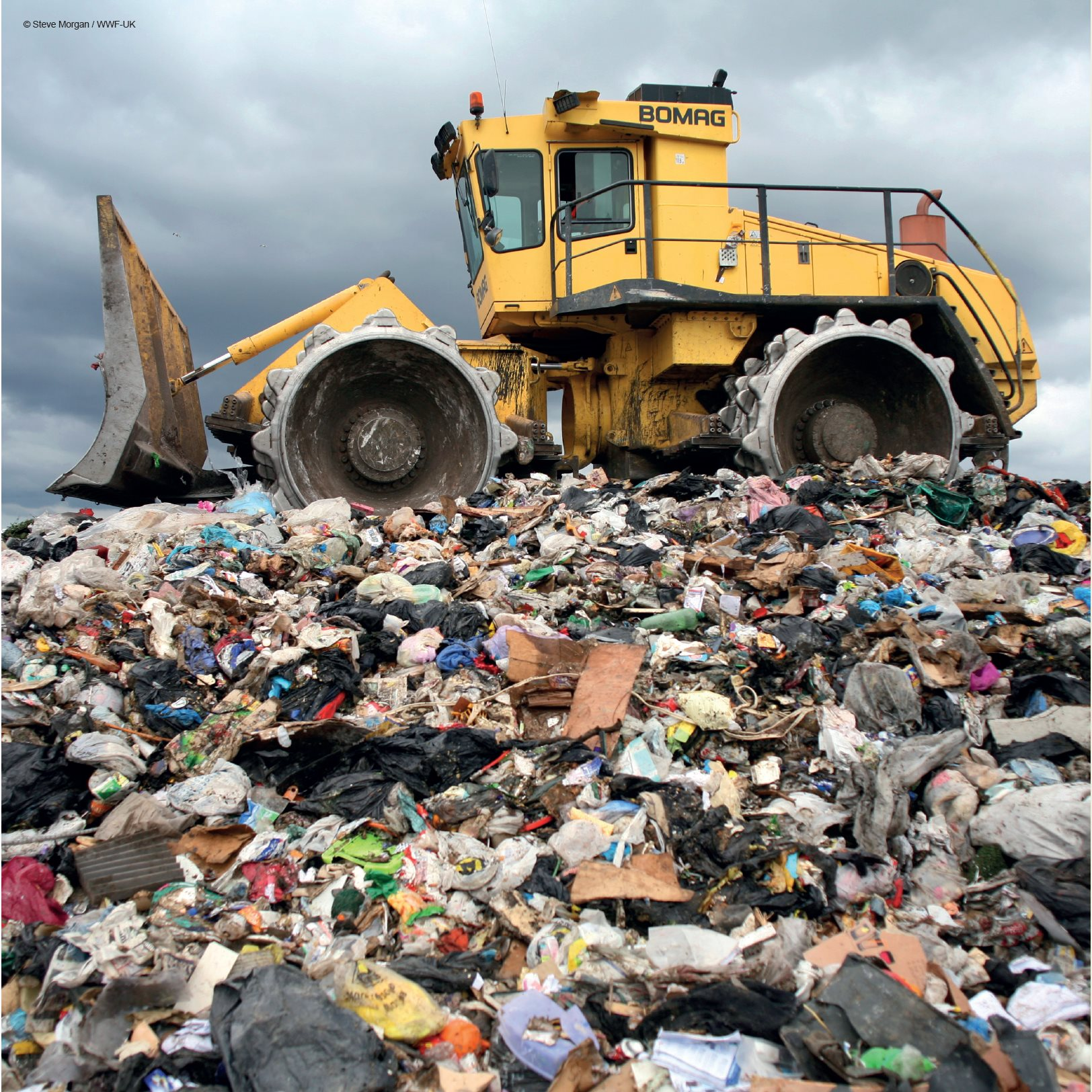
While national regulations and voluntary measures exist, they are not enough to stop plastics from escaping into the environment at one point, and traveling to another hundreds or even thousands of kilometers away. Single-use plastics, microplastics, and lost or discarded fishing equipment – known as “ghost fishing gear” – are now major contributors to ocean plastic pollution.
“Many communities do not have the infrastructure to deal with the plastic waste entering their environment, and governments cannot afford to pay for collection services. As a result, these communities are left to manage their waste themselves, which can have negative impacts on their health,” said Zaynab Sadan, Plastics Policy Coordinator at WWF Africa.
Eliminating unnecessary and high-risk single-use plastics is the first step towards a more circular and equitable economy. But the pact must ensure that those who may be affected by bans, such as informal waste collectors, are recognised and considered. The Paris talks are an unmissable opportunity to put in place global measures that can move us away from the single-use mindset that drives the climate and environmental crisis and towards restoration and living in greater harmony with nature.
Following the first meeting of the Intergovernmental Negotiating Committee (INC) last year, negotiating delegations now need to flesh out the details of the treaty text to tackle plastic pollution in the most effective and equitable way.
Source










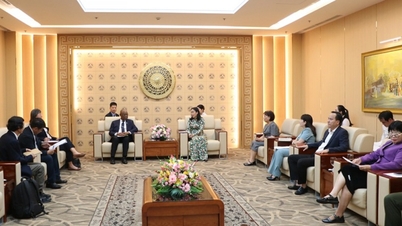

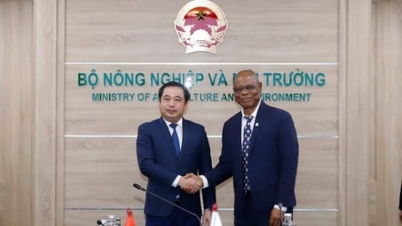
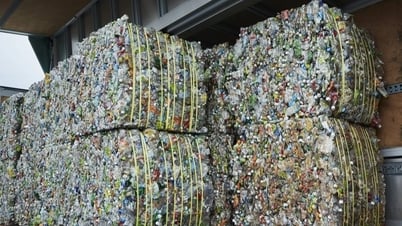









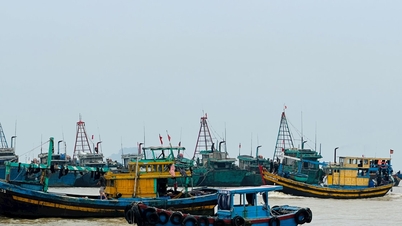


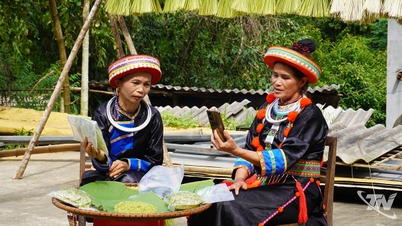

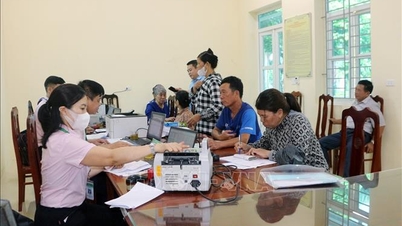






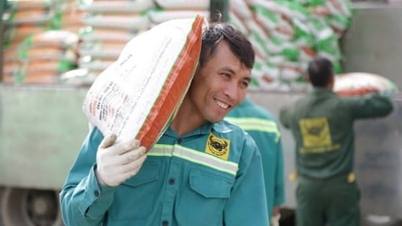
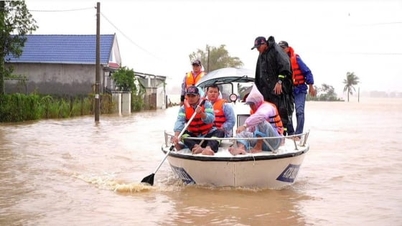
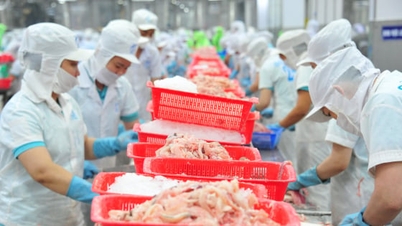
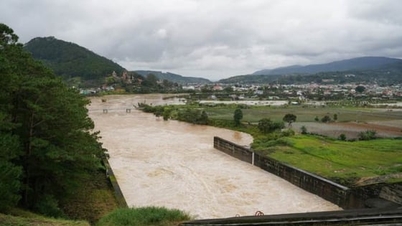
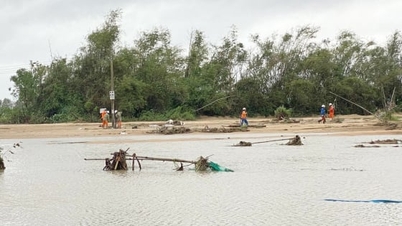









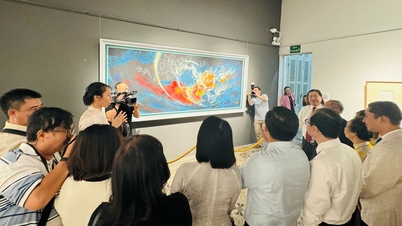


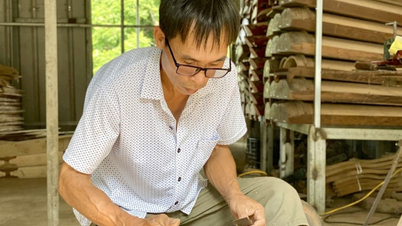



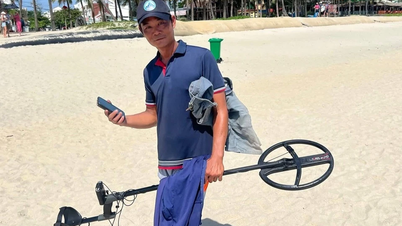

















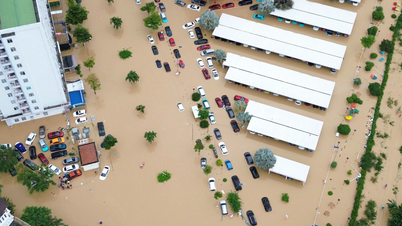
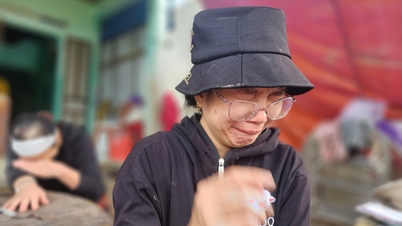







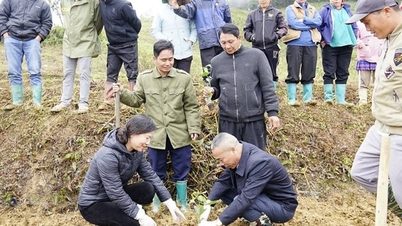




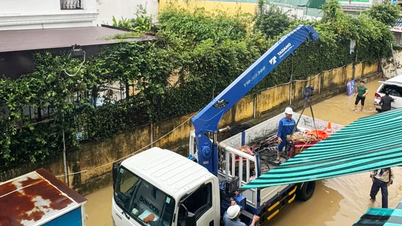


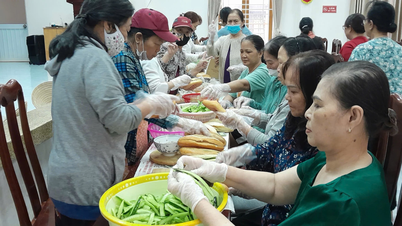

















Comment (0)